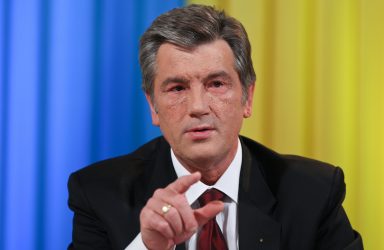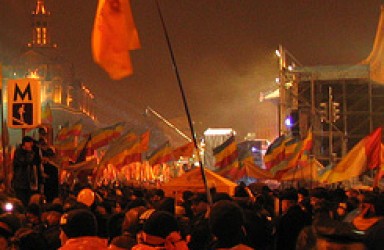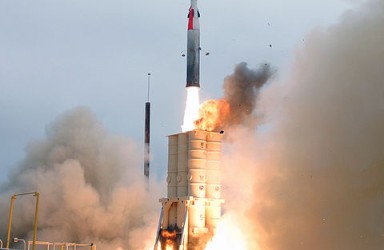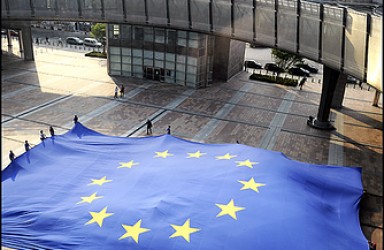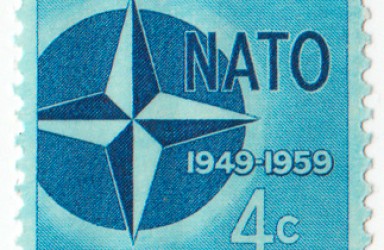The OSCE and Peace in the Post-socialist Area
To consider the Organisation for Security and Cooperation in Europe’s role in fostering peace in the post socialist area, this essay will examine the conflicts in Moldova and Chechnya. It will argue that the OSCE has not yet been successful, but that this is largely because there has been no established peace to foster. Any progress is going to take time due to the complexities involved.
Ukraine’s Orange Revolution Five Years On
The story of how Yushchenko came to power with high domestic and international expectations that he largely failed to fulfill will be a fascinating area for future research.
Russia’s new weapon: the politics of pipelines
When it comes to energy, most of us consider Saudi Arabia to be the dominant supplier as well as the world’s most powerful petro-political force. Without taking anything away from Saudi Arabia, it happens that the above description is not entirely correct. Natural gas provides Russia with perhaps the most effective weapon it has ever had in dealing with the West.
South Ossetia and Georgia’s aggressive state-integrationism
Georgia has been guilty of aggressive state-integrationism, and, by its unquestioning support for Georgia’s ‘territorial integrity’, the international community fully shares the guilt for the bloodshed in Abkhazia and South Ossetia. Georgia has squandered any moral claim to control the respective territories.
Explaining the Color Revolutions
Scholars witnessed a ‘bulldozer revolution’ in Serbia in 2000, a ‘rose revolution’ in Georgia in 2003, an ‘orange revolution’ in Ukraine in December 2004 and then a ‘tulip’ revolution in Kyrgyzstan in early 2005. Although only the Orange color revolutions actually had a color as it symbolize this term, ‘color revolution’ has become a popular term for referring to the four revolutions that occurred among regional specialist and local politicians. Why?
Ballistic Missile Defence and 21st Century Stability in International Relations
This essay determines the effect of National Missile Defence (NMD) is primarily destabilising. However this has to be put in the wider context of relations between the US, China and Russia – for the destabilising effect of NMD is very much characterised by how it is used and what kind of policy it is a part of.
Which Identity for the EU? Implications Of and For Turkey’s Accession
Turkey’s EU accession bid has encouraged political actors in the EU Member States and institutions to consider which kind of organisation the EU is and should be. Opinion is divided between those who support a ‘civic’ identity for the EU, and those who argue that the EU needs a thicker ‘cultural’ identity.
How NATO and Russia are Shaping the Future of European Security
The kind of conventional military brinkmanship going on at the common NATO-Russia border is not good news. A phenomenon not seen since the frostiest Cold War periods. If the last East-West confrontation offers a cautionary tale, it is that the situation urgently needs to be de-escalated, before worst-case scenarios become self-fulfilling prophecies.
The US Victory in the Cold War: Economic Strength, Foreign Policy Triumph or Both?
The economic strength of the US alone was not enough to secure victory, and the US foreign policy was frequently counter-productive. But when the disparity in economic strength was utilised by the US foreign policy it enabled the US to have a clear advantage over its enemy and negotiate from a position of strength
The new Russian military doctrine: more of the same?
The long-awaited publication of the Military Doctrine of the Russian Federation in February 2010 was the result of years of debate within the Russian military and political establishment. It outlines a post facto legitimization of Russia’s role in the August War against Georgia in 2008 and of other initiatives adopted by Moscow in the field of international security in the new century

